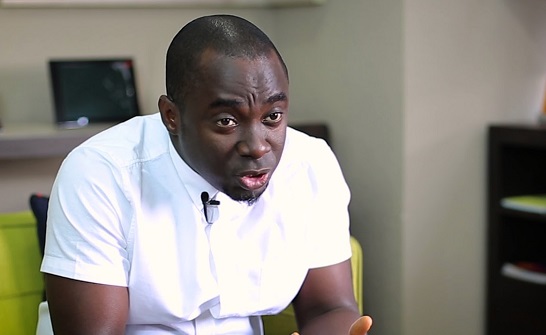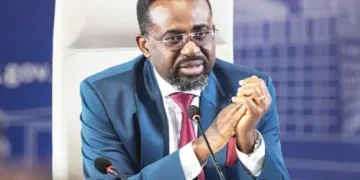Investigator reveals GHS 21m trail in Beige Bank CEO trial involving 10 companies
In the ongoing trial of Michael Nyinaku, the erstwhile CEO of the now-defunct Beige Bank, a crucial twist has emerged, as Assistant Superintendent of Police (ASP) Joseph Abednego Atsha, the fifth Prosecution Witness, revealed significant findings from his investigations. The courtroom brimmed with anticipation as the details unraveled during ASP Atsha’s cross-examination by Mr. Thadeus Sory, Counsel for Nyinaku.
Investigations conducted by ASP Atsha reportedly unearthed the transfer of GHS 21,123,270 from the substantial GHS 320 million to 10 companies and two individuals. As the revelations came to light, key questions about the funds’ trajectory and Nyinaku’s alleged involvement were brought to the forefront.
The crux of the matter centers around the GHS 320 million, which was traced from various customers’ accounts at Beige Bank to the account of BCAM. Subsequently, these funds found their way into the enigmatic First Africa Savings and Loans (FASL) account, following Nyinaku’s purported instructions.
Central to the intrigue, ASP Atsha disclosed that nine out of the ten companies which received the transferred funds were owned by none other than the accused, Michael Nyinaku himself. The courtroom listened intently as these revelations shed new light on the complex financial web surrounding the case.
In his defense, Nyinaku vehemently denies the charges leveled against him, asserting that he did not steal GH¢ 340 million from depositors or engage in money laundering. He was granted bail previously, set at a staggering GH¢ 342 million, with strict conditions requiring two sureties as public servants earning no less than GH¢ 2,000.00. Additionally, Nyinaku was directed to surrender his passport to the Court’s Registry.
During the cross-examination, Mr. Thadeus Sory presented a compelling case, tendering various cheque disbursement forms, payment vouchers, and cheques. These documents appeared to demonstrate that the nine companies which received the funds from FASL subsequently disbursed most of the funds to third-party entities and not to Nyinaku directly.
The revelation that the accused person, Nyinaku, was not directly involved in the processes leading to the issuance of the cheques, added complexity to the narrative. These procedures were reportedly initiated and approved by different officials, prompting questions about Nyinaku’s actual role in the transactions.
Despite the lack of evidence indicating direct payments to Nyinaku, the witness clarified that the accused was charged due to his ownership of the nine companies. This raises pertinent queries about corporate governance and fiduciary responsibilities, which now stand at the forefront of the trial case’s developments.








